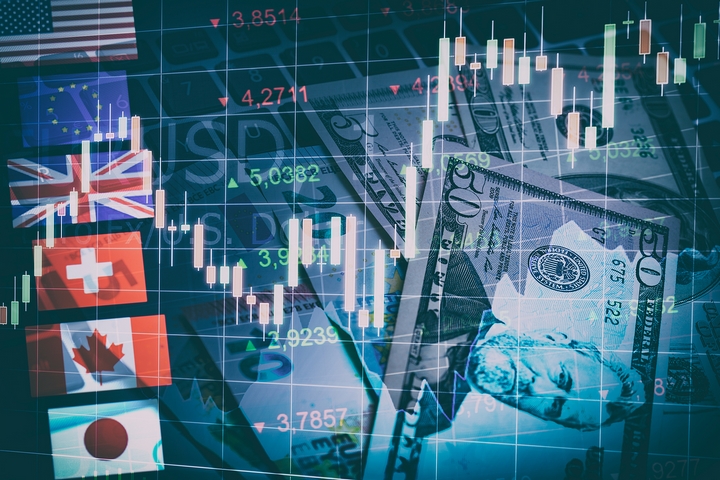With every passing day, large shipments are moved from one nation to another. These products are priced accordingly, and purchased from a sole nation, or a group of countries. This happens almost every single day, as countries seek to make profits based off of trade agreements.
Trade is just one of the reasons on why the formula known as the exchange rate is important. Converting one nation’s currency in terms of its value into another is a fundamental aspect of international agreements. We rely heavily on currency exchange for many of our financial transactions. As such, exchange rates are so essential for our economy, both domestically and globally.
Economists, and those dabbling in foreign currency investments, are always examining a given exchange rate. It’s fascinating to see just how necessary a single formula is, when determining various components of a nation. When all signs point to a strong economic outlook, that nation is sure to benefit from the exchange rate in some form!
Here is an in-depth explanation about why exchange rates are needed:
1. Business Impacts

No matter what sort of business you come across, they will more or less be affected by an exchange rate. In terms of a direct impact, a company’s inventory will be influenced by how strong or weak the rate is. For example, a local shop that depends on materials for its operations may have them shipped from abroad.
This, of course, costs money and the business owner will have to act accordingly. If these materials are only available from another nation, they will have to consider the exchange rate. Depending on how strong or weak the rate is, it will cost the owner more or less. Exchange rates fluctuate, which inevitably ends up impacting businesses.
2. Consumer Decisions

The consumers play a key role on why exchange rates are needed. On a more personalized basis, the exchange rate can subtly influence how a consumer makes decisions. For instance, the tourism and travel industries see extraordinary profits every year. Travelling to another country, and experiencing that nation in full is an attraction for most.
However, the cost of travelling to the consumer can be quite pricey. Various times of the year can be more expensive than others. As a result, the currencies of some countries may outweigh the possibility of travelling at that given time. Those who are planning to travel must take the exchange rate into consideration, so that their financial circumstances aren’t impeded.
3. Investing

Individual traders and investors who seek to increase their profits need to take the exchange rate into account. The value of one nation’s currency, along with other factors, influences their capacity to make solid returns. Without considering the exchange rate, foreign capital becomes much more challenging to invest in.
Generally speaking, investors will use the exchange rate as a starting point. To make sound decisions, they will measure the rate against other economic factors. Areas such as trade and potential outlooks are carefully deliberated on. Without critically thinking about a given exchange rate, investing in foreign currency would simply not work.
4. Currency Value

In terms of having a strong currency, a nation’s economic livelihood is heavily dependent on the exchange rate. Being able to trade effectively at a minimal cost comes down to having a valuable currency. Each nation has to inspect the exchange rate, and determine what can be utilized to strengthen its currency.
Even more important, a country should take all measures necessary to not have their currency weakened. Thankfully, there are a number of tangible and intangible factors that assist in this quandary. Once these influences can be mitigated to a tolerable level, the exchange rate will reflect a convincing currency value.
5. International Trade

Of course, the reasoning behind having a strong currency lies within global trade. As mentioned previously, trade occurs at almost every hour of every day. Exports and imports are comprehensively reliant on how the exchange rate operates. For example, two countries engaged in trade will see differing costs.
One country, in possession of a lower-valued currency, will be able to see cheaper exports. On the other hand, a nation with its own lower-valued currency, may have more expensive imports. The price of both imports and exports can be attributed to the exchange rate in essence. A currency’s overall health works in tandem with the rate in question.
6. Indirect Benefits

Exchange rates are needed for trade and investing purposes, but they also provide indirect advantages. When tourists travel to another country with a highly-valued currency, businesses can be positively affected. More sales can inevitably lead to more profits, which may not have arisen in another season.
Restaurants in particular can benefit from an exchange rate working in their country’s favour. Increased business is all but guaranteed during the summer season, for instance. They do not have to import or export anything! The exchange rate, in the nation with a valuable currency, can still end up benefitting their operations.











